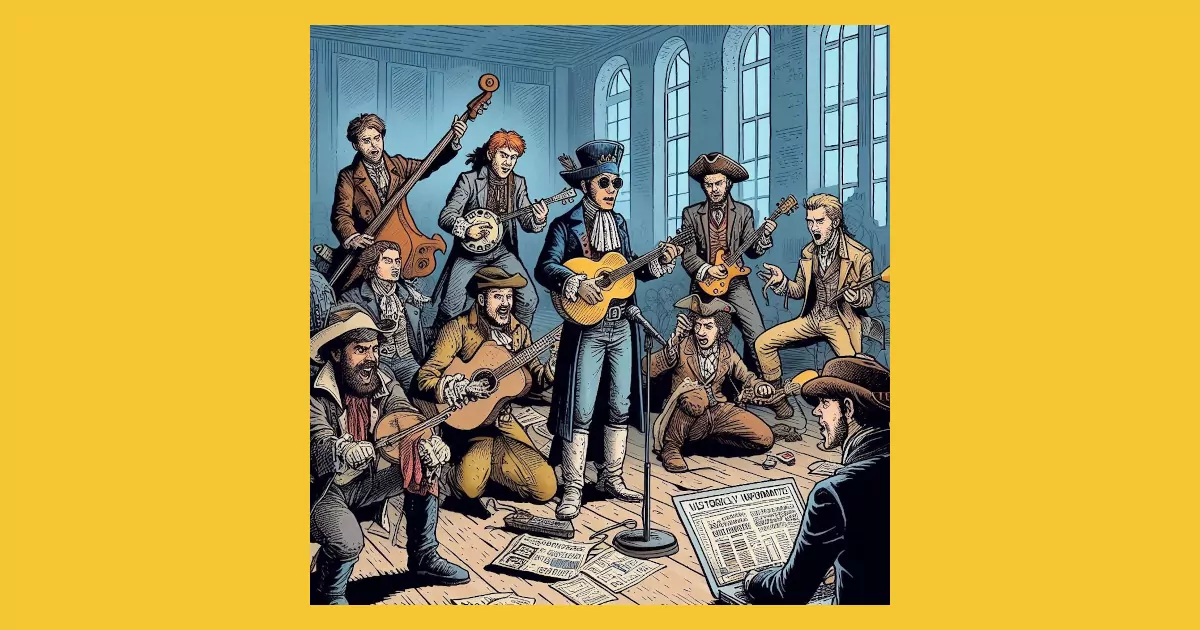
A Shout-Out for HIP! (Wait... What Even Is HIP???)
What’s the Deal with Historically Informed Performance (HIP)?
Okay, so imagine this: you’re sitting in a room filled with music lovers, and someone drops the term “Historically Informed Performance.” Cue the blank stares. Let’s break this down so even your tone-deaf cousin Steve can follow along. HIP (yes, it’s a cool acronym) is all about performing classical music the way people did back in the day. Think of it as musical time travel—minus the DeLorean.
Why Does HIP Even Exist?
Good question! Before Spotify playlists, people had live music. And every era had its own style, vibe, and tools for making that music. HIP tries to recapture those original vibes, asking, “How did Mozart or Bach really want this to sound?” Instead of just guessing, musicians dive into history books, old sheet music, and paintings to piece together the puzzle.
The Secret Sauce of HIP
There are two big ingredients that make HIP happen:
Old-School Instruments: Modern violins are great, but back in Bach’s day, they had gut strings and a different sound—kinda mellow and raw. HIP musicians either grab instruments from museums or use modern replicas to nail that vintage tone.
Performance Practice: This is fancy talk for, “How did people play back then?” Maybe they loved to add funky little flourishes or played with rhythms that would make your metronome cry. Figuring that out takes a lot of research, guesswork, and imagination.
But, Wait, No Recordings?
Here’s the kicker: there were no MP3s, CDs, or even wax cylinders before the late 19th century. So HIP experts rely on clues, like old teaching manuals, concert reviews, and—believe it or not—paintings of musicians doing their thing. It’s like trying to bake a cake when all you have is a blurry picture of the final result.
Instruments: Then vs. Now
Picture this: today’s violin is the sleek sports car of string instruments. Back in the day, it was more like a horse-drawn carriage. Same deal with flutes, trumpets, and keyboards—they’ve all evolved. HIP musicians use these earlier versions to get closer to the sound composers would have heard. And sometimes, they bring back instruments that’ve been extinct for centuries. (Ever heard of a rebec? Yeah, neither had we.)
Why Does It Matter?
HIP isn’t just a nerdy hobby for musicologists. It’s about bringing old music to life in a fresh, exciting way. Imagine Shakespeare performed like it’s modern stand-up comedy or a silent film reimagined with original slapstick humor. It’s the same with music—HIP gives us a new way to experience something ancient.
Controversy Time: Is HIP Legit?
Not everyone’s on board with HIP. Some folks think it’s impossible to know how music really sounded back then. Others argue that HIP can feel a little... cold, like a museum piece rather than living, breathing art. And yeah, HIP musicians have to make educated guesses, which means some of it is just modern invention dressed up in historical clothing.
But even critics admit that HIP shakes things up and challenges the way we think about classical music. It’s less about being perfect and more about asking questions: What’s authentic? What’s meaningful? And what’s just plain fun to listen to?
So, Should You Care About HIP?
If you’ve ever wanted to hear music as if you were sitting in a candlelit Baroque theater or a Renaissance court, HIP’s your jam. It’s like stepping into a musical time machine—and who doesn’t love a good time machine?
So next time someone mentions Historically Informed Performance, you can nod knowingly and say, “Oh yeah, that’s the thing where they play old-school music on old-school instruments, right?” Boom. You’re officially HIP.
News,Latest news


